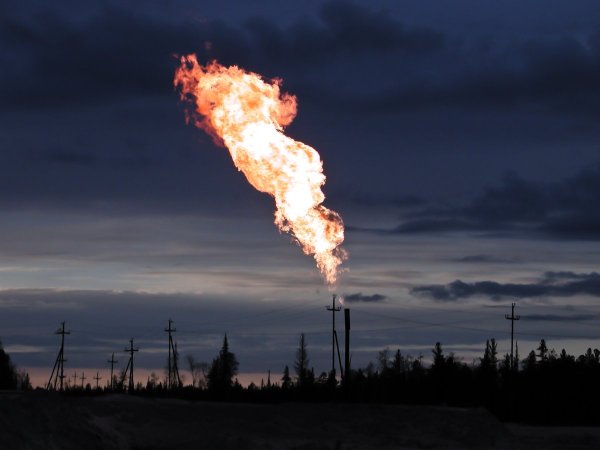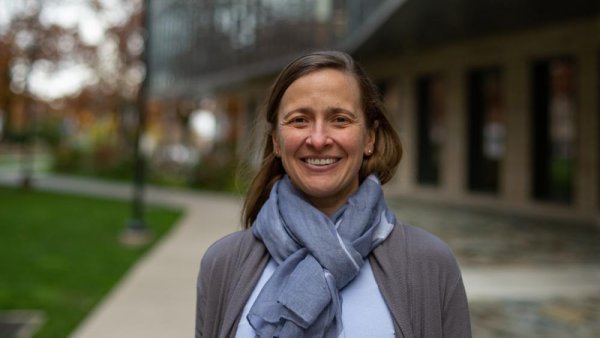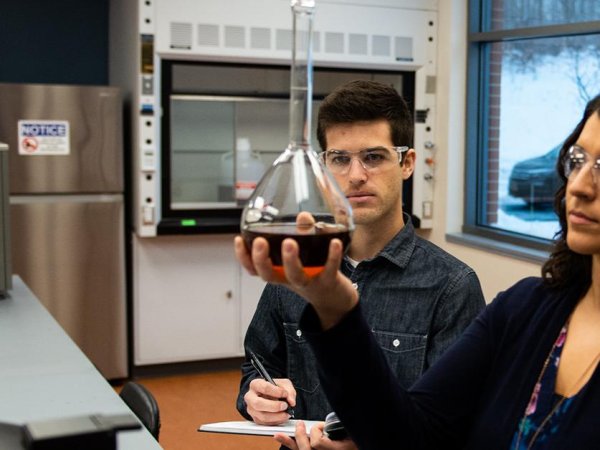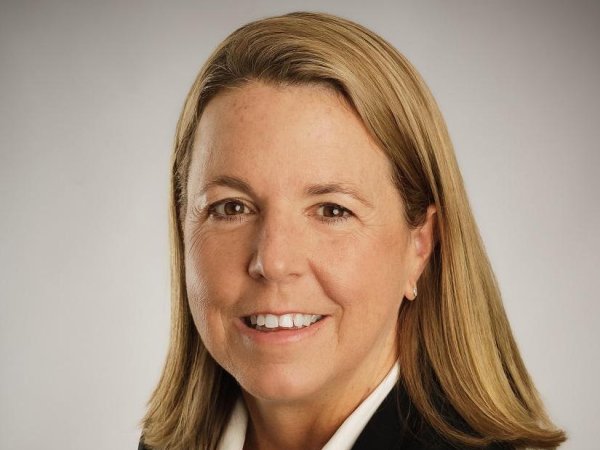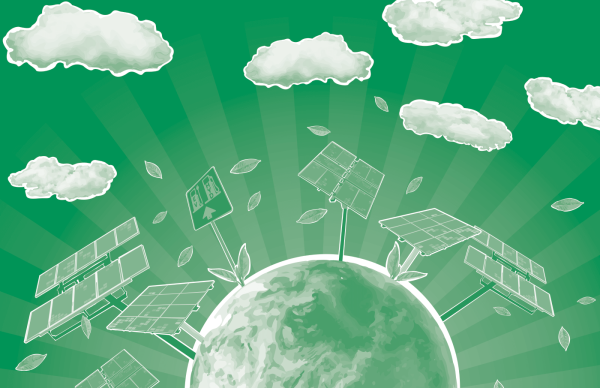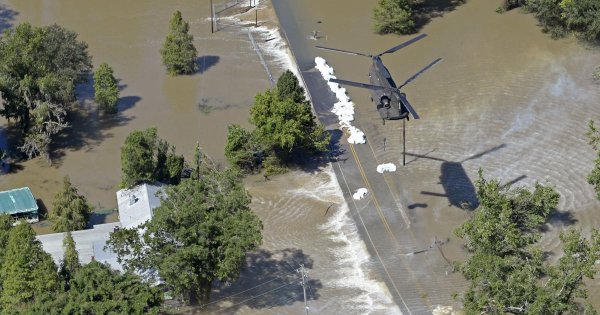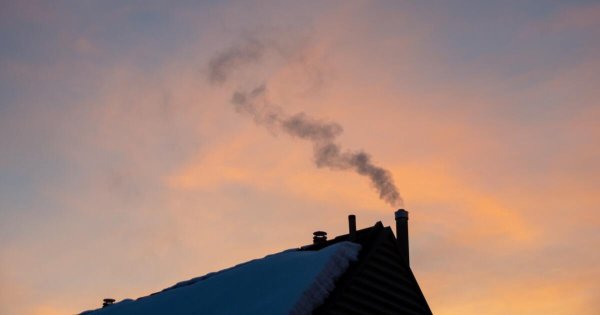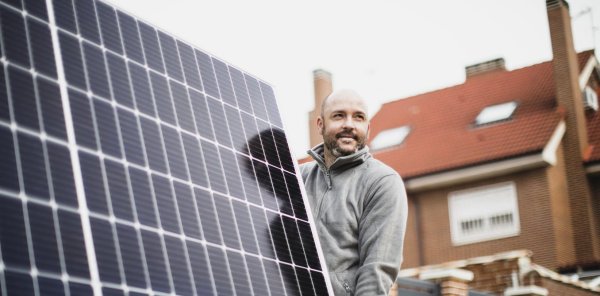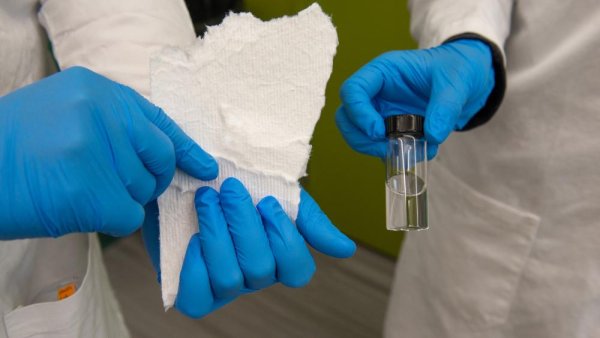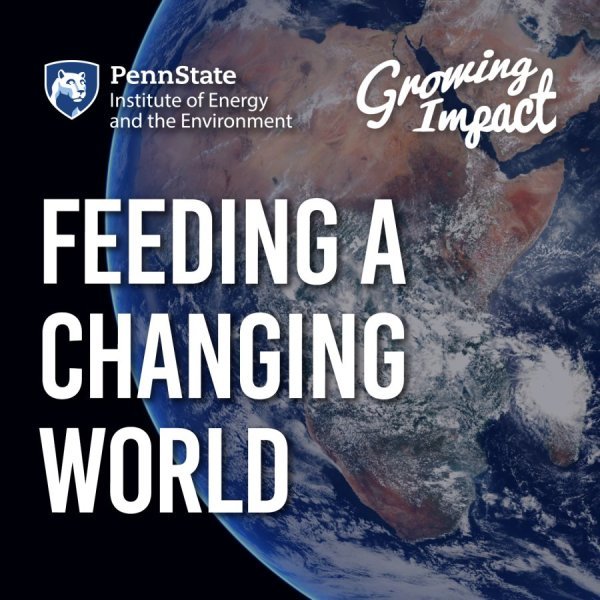Course to share stories of those experiencing climate change effects
| psu.edu
The creators’ goal for this Ross and Carol Nese College of Nursing interdomain course was to engage students in the arts as a way to recognize the humanity in others and make advances in the field of health.
The world of energy is changing before our eyes
| by Kenneth Davis
The world of energy generation is changing. The industry is more aware of climate change and interested in renewables. Researchers are determined to find new solutions and build them collectively. And students are passionate about learning and impacting the future. In short, there is hope.
Grant enables research into catalysts for more sustainable hydrogen production
| psu.edu
Lauren Greenlee, associate professor of chemical engineering, received a $379,998 grant from the National Science Foundation. Collaborating with international researchers, she aims to better understand and ultimately improve electrolysis, or the process of using electricity to split water, using an iron-containing compound as a catalyst to accelerate the process.
Penn State Behrend opens new major in interdisciplinary science and business
| psu.edu
A new major at Penn State Behrend will prepare students for careers in the business, sales and marketing offices of science-based organizations. "Our graduates will have a foundation in key scientific concepts, plus have the skills needed to handle the business aspects of their roles," said Michael Rutter, co-chair of the new program.
College of Ag Sciences professor elected president of professional association
| psu.edu
Karen Fisher-Vanden, professor of environmental and resource economics and public policy in Penn State’s College of Agricultural Sciences, has been elected president of the Association of Environmental and Resource Economists.
Will Biden administration releasing 50 million barrels of oil lower gas prices? Don't hold your breath
| marketwatch.com
President Joe Biden released 50 million barrels of oil from the country’s strategic petroleum reserve in a bid to fight the rising costs that are eating away at household budgets for everything from energy to groceries. IEE cofunded faculty member Seth Blumsack is quoted in this story.
Penn State DuBois engineering student presents research on international stage
| psu.edu
While still in her fourth year of undergraduate studies in the Penn State DuBois engineering program, Nicolette Brossard has already completed research that has attracted international interest.
Prepared to make an impact
| magazine.smeal.psu.edu
The coursework he did this past spring convinced Penn State Smeal MBA student Bitrus Baba that clean energy is the wave of the future — and that wave is quickly breaking into the present.
Traffic causes half the carbon emissions in Gonzales. This climate plan aims to change that.
| theadvocate.com
Jude Graham, a Penn State senior and a native of Gonzales, Louisiana, completed research that found that 56% of greenhouse gas emissions in his hometown come from traffic. This research was part of his academic capstone project for a degree in energy and sustainability policy.
A global energy crunch, higher prices and what it all means for keeping Vermont homes warm this winter
| vpr.org
IEE cofunded faculty member Seth Blumsack appears in this story from Vermont Public Radio. A global energy crunch has been unfolding for months now, driving up the cost of oil and natural gas and creating an expensive problem for the roughly 60% of Vermont households that rely on fuel oil, propane, natural gas or other fossil fuels to heat their homes.
Americans support climate change policies, especially those that give them incentives and clean up the energy supply
| theconversation.com
A set of studies found people prefer incentives to disincentives, especially for individuals but also for businesses. They have views on clean energy and efficiency, too.
Salvaging rare earth elements from electronic waste
| psu.edu
Separating rare earth elements from other minerals and components found in electronic waste is difficult. A recent chemical engineering paper details a new process to separate and recycle rare earth elements using plant cellulose, an inexpensive renewable resource found in paper, cotton and pulp.


